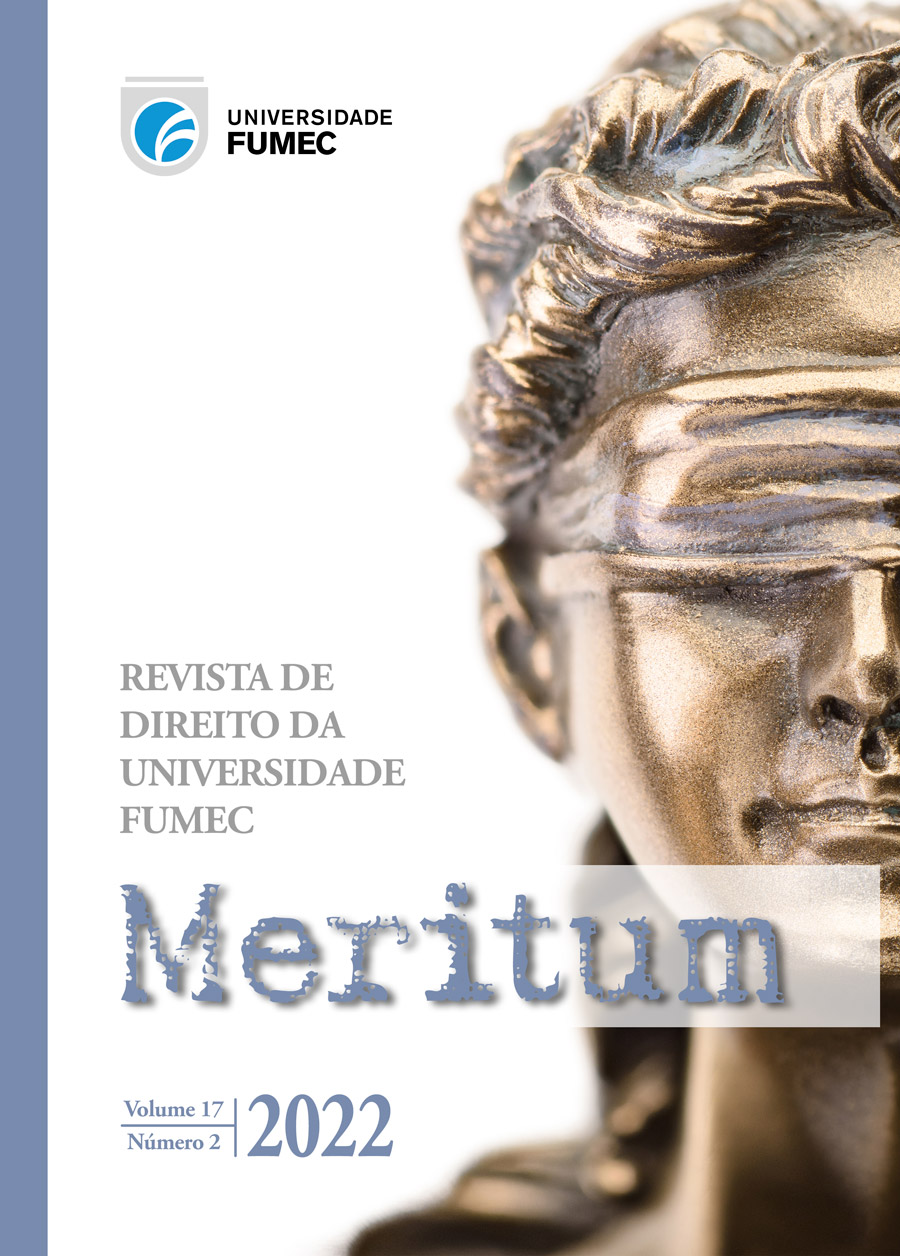A RELEVÂNCIA DO COMPLIANCE TRABALHISTA NA ATUAÇÃO DE INVESTIGAÇÕES DE ASSÉDIO NAS EMPRESAS
DOI:
https://doi.org/10.46560/meritum.v17i2.8966Abstract
This article aims to demonstrate the use of Compliance Programs applied to the scope of Labor Law, based on ethics and on the development of an integrity culture in companies, as well as on the prevention of discriminatory conducts, especially moral and sexual harassment. The practice and dissemination of this culture, in line with the guidelines of the International Labour Organization (ILO) with the characterization of decent work, seeks to achieve some goals, such as: diversity and inclusion, gender equality, respect for Human Rights and labor rights. The study will focus on analyzing how Labor Compliance acts in prevention, detection and treatment of harassment cases in companies, also including issues related to gender inequality. The research will be qualitative, based on primary sources (document analysis) and secondary sources (literature review), in order to demonstrate that the implementation of a Labor Compliance is an effective alternative, which can be used as a possible defense before authorities, mitigation of reputational risks, and identification of flaws in the company's organizational culture.
Downloads
Published
Issue
Section
License
Autores que publicam nesta revista concordam com os seguintes termos:
- Autores mantém os direitos autorais e concedem à revista o direito de primeira publicação, com o trabalho simultaneamente licenciado sob a Licença Creative Commons Attribution que permite o compartilhamento do trabalho com reconhecimento da autoria e publicação inicial nesta revista;
- Autores têm autorização para assumir contratos adicionais separadamente, para distribuição não-exclusiva da versão do trabalho publicada nesta revista (ex.: publicar em repositório institucional ou como capítulo de livro), com reconhecimento de autoria e publicação inicial nesta revista;
- Autores têm permissão e são estimulados a publicar e distribuir seu trabalho online (ex.: em repositórios institucionais ou na sua página pessoal) a qualquer ponto antes ou durante o processo editorial, já que isso pode gerar alterações produtivas, bem como aumentar o impacto e a citação do trabalho publicado (Veja O Efeito do Acesso Livre).






